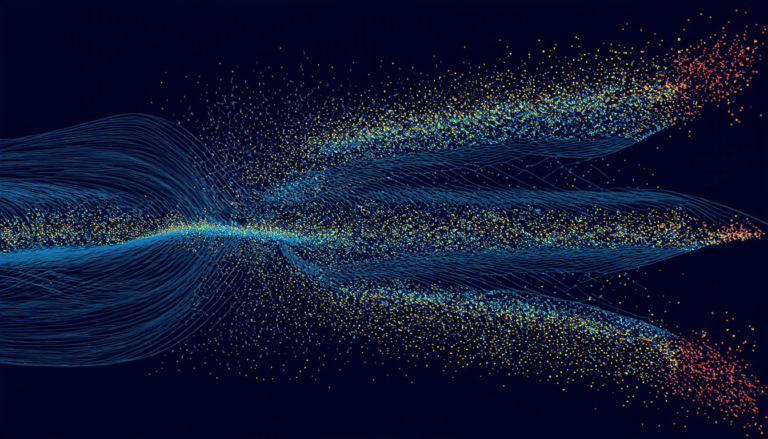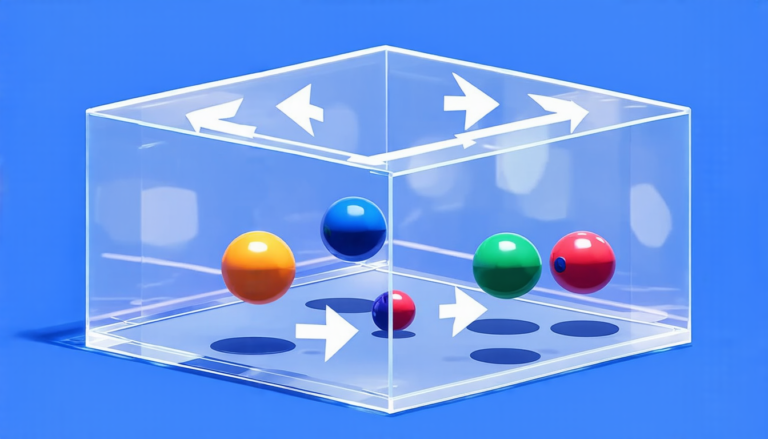Thursday 10 April 2025
A team of researchers has made a significant breakthrough in the field of quantum computing, developing an innovative algorithm that can efficiently simulate and check the equivalence of noisy quantum circuits. This achievement has far-reaching implications for the development of practical quantum computers.
Quantum computers are designed to perform complex calculations much faster than classical computers. However, they are also prone to errors due to the fragile nature of quantum states. To overcome this challenge, scientists have been working on developing algorithms that can simulate and verify the behavior of noisy quantum circuits.
The researchers’ algorithm uses a novel approach based on tensor networks, which are mathematical structures used to represent complex systems. By applying singular value decomposition (SVD) to the tensors, the algorithm can efficiently approximate the behavior of noisy quantum circuits. This allows for fast simulation and verification of large-scale quantum computations.
One of the key advantages of this algorithm is its scalability. Unlike previous methods that were limited by the number of qubits in the circuit, this algorithm can handle much larger systems. This makes it possible to simulate and verify complex quantum algorithms that are too large to be handled by current methods.
The researchers tested their algorithm on a variety of noisy quantum circuits, including those with multiple noise channels and realistic hardware noise models. The results showed that the algorithm was able to accurately simulate and verify the behavior of these circuits, even in the presence of significant noise.
This breakthrough has important implications for the development of practical quantum computers. By allowing for efficient simulation and verification of noisy quantum circuits, this algorithm can help researchers to better understand the behavior of quantum systems and develop more robust algorithms for quantum computing.
In addition, this algorithm can be used to improve the performance of existing quantum computers by optimizing the design of quantum circuits and reducing errors caused by noise. This could lead to the development of more reliable and efficient quantum computers that are capable of solving complex problems in fields such as medicine, finance, and climate modeling.
Overall, this research represents a significant step forward in the development of practical quantum computers. By providing a powerful tool for simulating and verifying noisy quantum circuits, this algorithm has the potential to accelerate the advancement of quantum computing technology and unlock its vast potential for scientific discovery and innovation.
Cite this article: “Breaking the Quantum Barrier: New Algorithm Speeds Up Simulation of Noisy Quantum Circuits”, The Science Archive, 2025.
Quantum Computers, Noisy Quantum Circuits, Algorithm, Simulation, Verification, Tensor Networks, Singular Value Decomposition, Scalability, Quantum Algorithms, Noise Reduction







